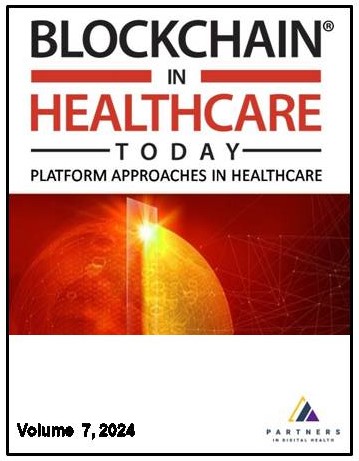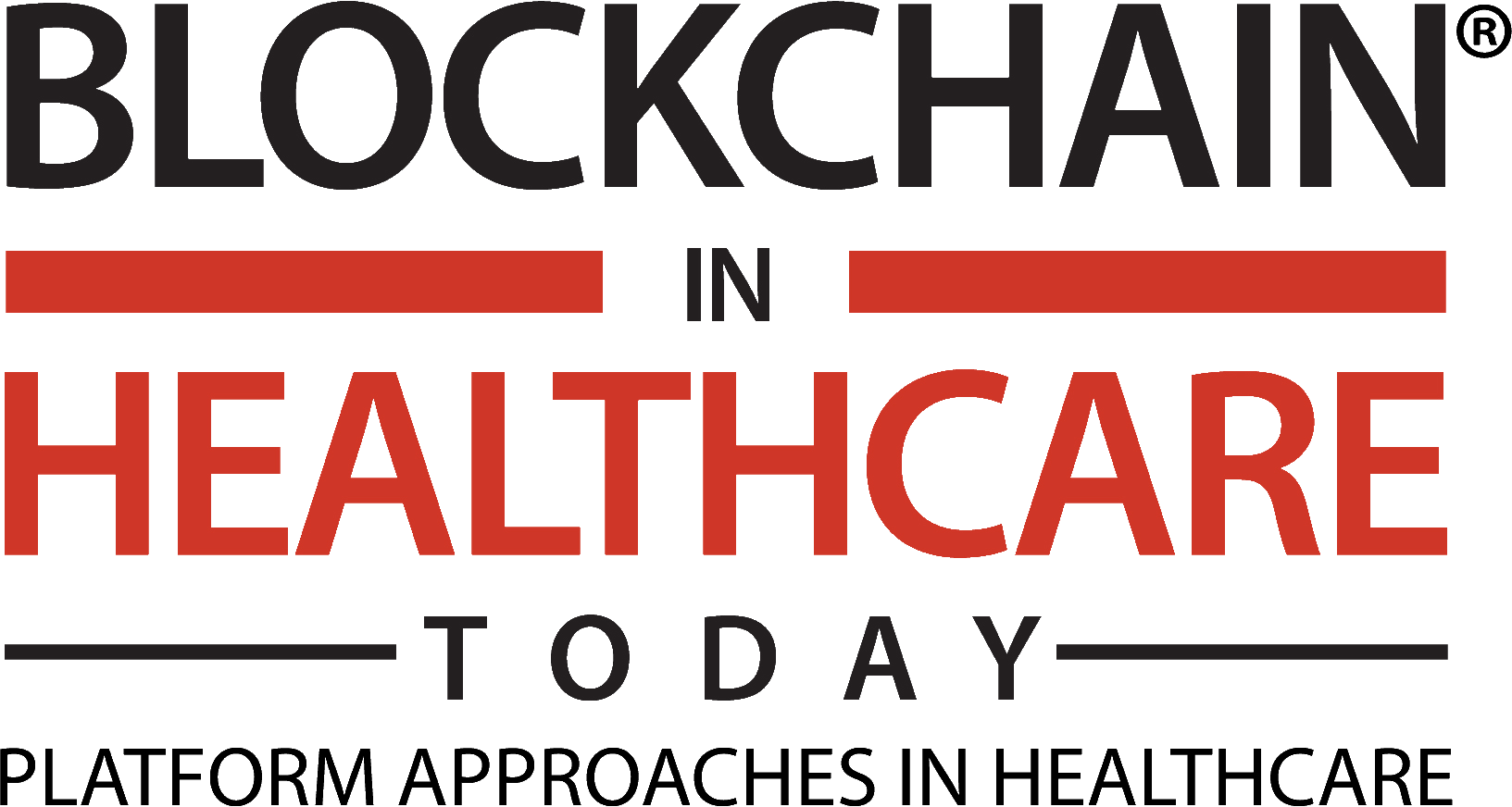Current issue

Volume 7, Issue 3, 2024
Online ISSN: 2573-8240
Volume 7 , Issue 3, (2024)
Published: 16.12.2024.
Open Access
Blockchain in Healthcare Today (BHTY) is the leading international open access journal that amplifies and disseminates platform approaches in healthcare and distributed ledger technology research and innovations. Fields of interest include healthcare information systems, leveraging data science tools and techniques, interoperability, consent mechanisms, privacy preservation, security of health data, clinical trials management, supply chain management, revenue cycle automation, immersive technologies, tokenomics, governance, regulation, network technologies, clinical computing, cryptography, and failed experiments in this expanding specialty field of research.
All issues
Contents
01.07.2022.
Conference Presentations
De-Centralized Identity Management For Virtualized Healthcare
The annual ConV2X is a leading international health tech symposium driving real world evidence, strategy, research, operations and trends to create a blueprint for a new digital health era. The 2021 symposium featured a scientific program of academic/research presentations in addition to business and industry talks. The research track focused on exploring and sharing developments in blockchain and emerging technologies in health and clinical medicine. Submissions were based on original research, conceptual frameworks, proposed applications, position papers, case studies, and real-world implementation. Selection was based on a peer-review process. Faculty, students, and industry researchers were encouraged to submit abstracts to present ideas before an informed and knowledgeable audience of industry leaders, policy makers, funders, and researchers.
This presentation was selected by the scientific review committee.
Submission Review Committee
- Dave Kochalko, CEO of ARTiFACTS
- Anjum Khurshid, UT Austin
- Carlos Caldas, UT Engineering
- Gil Alterovitz, Harvard Medical School
- Kayo Fujimoto, UT Health Houston
- Lei Zhang, University of Glasglow
- Sean Manion, CSciO of ConsenSys Health
- Vijayakuman Varadarajan, University of South Wales
- Vikram Dhillon, Wayne State University
- Yuichi Ikeda, Kyoto University
Anton Hasselgren, Abylay Satybaldy
21.03.2022.
Narrative/Systematic Review/Meta-Analysis
Decentralized Identity Management for E-Health Applications: State-of-the-Art and Guidance for Future Work
Background: The increasing usage of various online services requires an efficient digital identity management approach. Unfortunately, the original Internet protocols were not designed with built-in identity management, which creates challenges related to privacy, security, and usability. Thereis an increasing concern regarding the management of these sensitive data in the society, who have access to it and where it is stored. Blockchain technology can, potentially offer a secure solution to address this problem, in a decentralized manner without any centralized authority. This is of importance for e-health services where the patient and the healthcare provider often are required toprove their identity. Blockchain technology can be utilized for creating digital identities and make themanagement of those identities easier, giving a higher degree of control to the user than what current solutions offer. It can be used for creating a digital identity on the blockchain, making it easier to manage for individuals and entities, giving them greater control over who has their personal in-formation and how they handle it, and it could be utilized to create a higher degree of trust andsecurity to e-health applications. Objective The aim of this research work is to review the state-of-the- art regarding blockchain-based decentralized identity management for healthcare applications. Based on this summary, we provide a viewpoint on how blockchain-based decentralized identity frameworks couldbe utilized for virtualized healthcare applications. Method This research has applied a scoping, semi-systematic review approach to summarize thestate-of-the-art. Included identity management systems were evaluated based on seven criteria:Autonomy, Authority, Availability, Approval, Confidentiality, Tenacity and Interoperability ResultsSeven blockchain-based identity management systems were included and evaluated in this work:These include solutions built with Ethereum, Hyperledger Indy, Hyperledger Fabric, Hedera andSovrin blockchains. Conclusion Digital identity management is crucial for virtual healthcare. Decentralized identity management for healthcare purposes is currently being explored, both in academia and the private sector. More work is needed with the aim to improve the efficiency of current DIM solutions and to fully understand what technical frameworks are best suited for e-health applications.
Abylay Satybaldy, Anton Hasselgren, Mariusz Nowostawski
